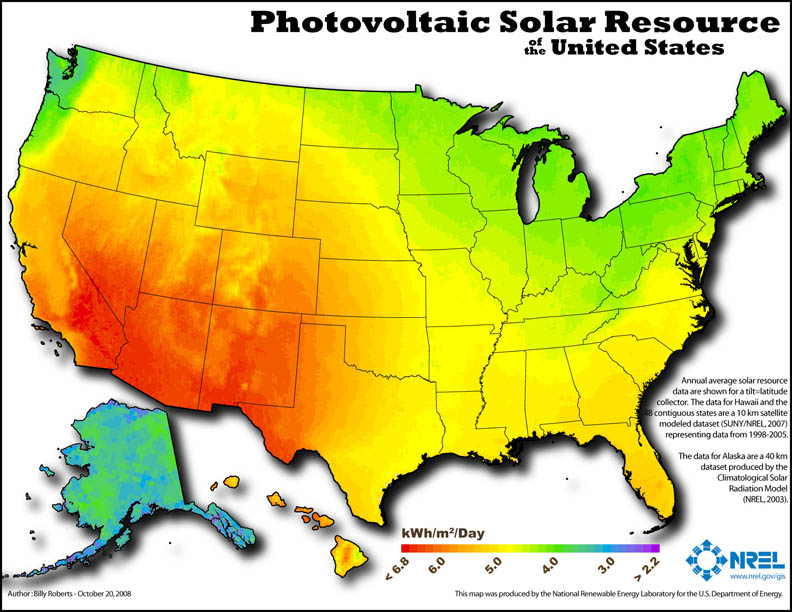forum
library
tutorial
contact

The Lower Snake River Dams
Should Matter to Nevadans
by Chad Black, Clay Fitch and Fred Flippence
Reno Gazette-Journal, October 23, 2023
|
the film forum library tutorial contact |

|
The Lower Snake River Dams
by Chad Black, Clay Fitch and Fred Flippence
|
Under a "deep decarbonization" scenario with the elimination of fossil-fueled generation,
the analysis identified cost increases of up to 65% for public power customers.
 Customer-owned utilities and co-ops throughout Northern Nevada are committed to providing reliable and affordable electricity to our rural communities, which is why we are deeply concerned about a policy matter that could have far-reaching consequences for our members and the clean hydropower that fuels our homes and businesses.
Customer-owned utilities and co-ops throughout Northern Nevada are committed to providing reliable and affordable electricity to our rural communities, which is why we are deeply concerned about a policy matter that could have far-reaching consequences for our members and the clean hydropower that fuels our homes and businesses.
The four lower Snake River dams in eastern Washington state are not just structures; they are the backbone of Northern Nevada's electricity supply. They are essential to meeting our state's energy needs, and as we phase out coal-fired generation, their importance will only grow. The energy generated is clean, dependable and affordable -- a critical resource for sustaining rural communities and supporting economic growth.
Unfortunately, discussions behind closed doors regarding the dams have left us with more questions than answers. Bending to the will of anti-dam groups, the Biden administration has committed to looking for opportunities to breach the dams. It is imperative that the State of Nevada be adequately represented in these discussions, as the outcome will significantly impact our state.
It is imperative President Biden considers the substantial benefits that these dams bring to our region while addressing legitimate environmental concerns. We acknowledge the need, and share in the desire, to mitigate the impact of dam operations on fish populations, but destroying carbon-free energy is impractical and counterproductive for fish that are threatened by climate change and ocean warming.
Recent developments have highlighted the urgency of this matter. A study commissioned by the Department of Energy in 2022 examined replacement resources and costs for impacts associated with the removal of the lower Snake River dams. Under a "deep decarbonization" scenario with the elimination of fossil-fueled generation, the analysis identified cost increases of up to 65% for public power customers, including our cooperatives serving Northern Nevada.
The public utilities most at risk of rate increases serve communities defined by the Biden Administration's Council on Environmental Quality "Climate and Economic Justice Screen Tool" as "overburdened, underserved, and disadvantaged." Rural communities like ours are especially vulnerable.
Many of our members find it challenging to carry the energy burden they already do, and it is these communities who will be hardest hit by massive rate increases. This impact would be particularly severe in communities already grappling with the effects of climate change, such as wildfires, heat domes, and droughts.
Earlier this year representatives from Harney Electric Cooperative, Raft River Electric Cooperative and Wells Rural Electric Cooperative expressed these concerns in a letter to the Nevada Congressional delegation. We strongly urge the administration to provide more clarity on its intentions, especially concerning potential rate increases and the setback of our nation's clean energy goals.
Over the summer you may have even seen a television commercial about this issue. A potential 65% rate increase is just one of the reasons why this issue in a river two states away is so important to Nevadans.
This process is at a critical juncture where the decisions made regarding these vital dams will shape the future of our communities, our environment, and our energy landscape. Let's adopt a pragmatic approach that considers the essential energy needs of rural Nevada. We can forge a sustainable future that safeguards our communities and the natural resources we hold dear.
Related Pages:
Managing Salmon Populations by Charles E. Lawson, Reno Gazette-Journal, 10/12/7
learn more on topics covered in the film
see the video
read the script
learn the songs
discussion forum
